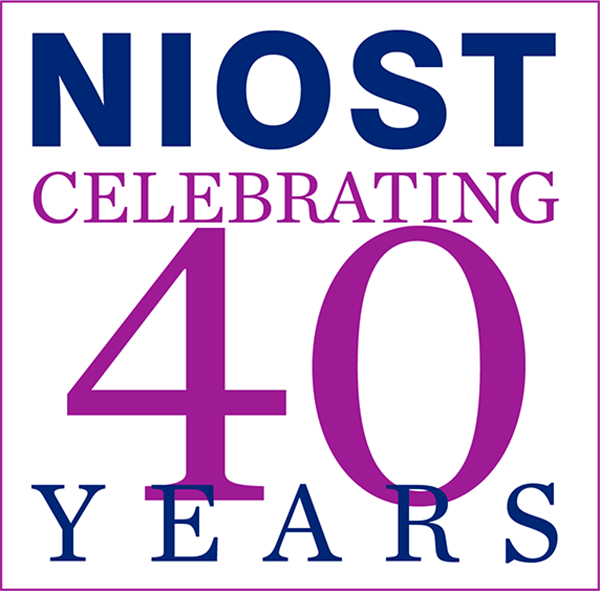Frequently Asked Questions about the APAS System
What is the APAS System?
The APAS System is a flexible, research-based suite of tools to help programs measure and link their program quality to youth outcomes. It is made up of three tools: APT (to measure program quality), SAYO-S&T (to survey staff and teachers about youth outcomes), and SAYO-Y (to survey youth about their perspectives). The tools can be used alone or together and are not intended for individual youth assessment, nor as a diagnostic tool.
Who should use the APAS System?
The APAS System has been used by evaluators, out-of-school time directors, supervisors, curriculum and education coordinators, and 21st Century Community Learning Center personnel. These tools work best for programs who offer a variety of experiences for youth such as enrichment and leadership activities in addition to academic support.
Is the APAS System right for my program?
The APAS System works best for well-established programs (+1 year) that offer a variety of programming to 25 or more youth participants who attend on a regular basis. It is recommended for programs serving youth in Grades K-12 where youth attend at least 100 hours across a full school year or intensive session such as a day camp.
If your program does not fit the above description, we recommend that you start with only the APT, which is one tool in the APAS System, to measure the quality of your program and identify areas of strength and areas for improvement.
I am confused. How do I know if I need all of the APAS System or just one tool?
Each of the APAS tools can be used alone or in any combination. Tool selection should align with your program goals, the data you need, and your readiness to begin this work. For programs just starting data collection, select one tool that best aligns with what you need to know and your capacity to collect the data.
How much does the APAS System cost?
The APAS System is an excellent option for measuring program quality (with the APT tool) or youth outcomes (with the SAYO-Y or SAYO-S&T tools) at your program. The APAS tools are free and are provided upon completion of an in-person or online training program. Pricing for in-person training is determined on a case-by-case basis depending on your needs. Online training subscriptions for the APAS System are available for $600 per program site for one year, renewable at a reduced cost. Following successful completion of either in-person or online training, you can continue to use the tools at no cost as long as someone working at your site is trained in proper use and administration of the tools.
What do you mean by “program site”?
Pricing for the APAS System is determined by the number of program sites. A program site is defined as a physical address where programming for youth occurs. For example, if your organization offers three programs at two different physical locations, you have two program sites. Those with six or more program sites may be eligible for a group discount.
How many staff members can be trained to use the APAS System?
Training provides instruction on the proper use of the tools and customization. If you opt for an in-person training, we will work with you to determine how many staff members should be trained. If you purchase a 1-year online training subscription for your program site, you can train as many staff members who work at that site as you want.
Can I customize the tools in the APAS System?
Yes, through our in-person training or online training subscription, you will learn how to customize the APAS System tools to maintain the validity of your results.
Is the APAS System research-based?
Yes. The APAS System tools have been extensively piloted and scientifically tested beginning with the statewide Massachusetts Afterschool Research Study in 2004. Reliability and validity testing has continued with funding from the WT Grant Foundation and the Massachusetts Department of Elementary and Secondary Education.
Who collects and analyzes the data?
The method for data collection and analysis for the APAS System depends on the specific tool. For the APT tool, data collection and analysis can be done by the program site director or administrator, a designated team, or an internal or external evaluator. For the SAYO-Y or SAYO-S&T tools, there are two options: NIOST staff can manage data collection and analysis (for a fee) OR programs can collect their own data through Survey Monkey or another survey platform. If you choose to collect your own data, you will need to pay for a professional level license for Survey Monkey.



